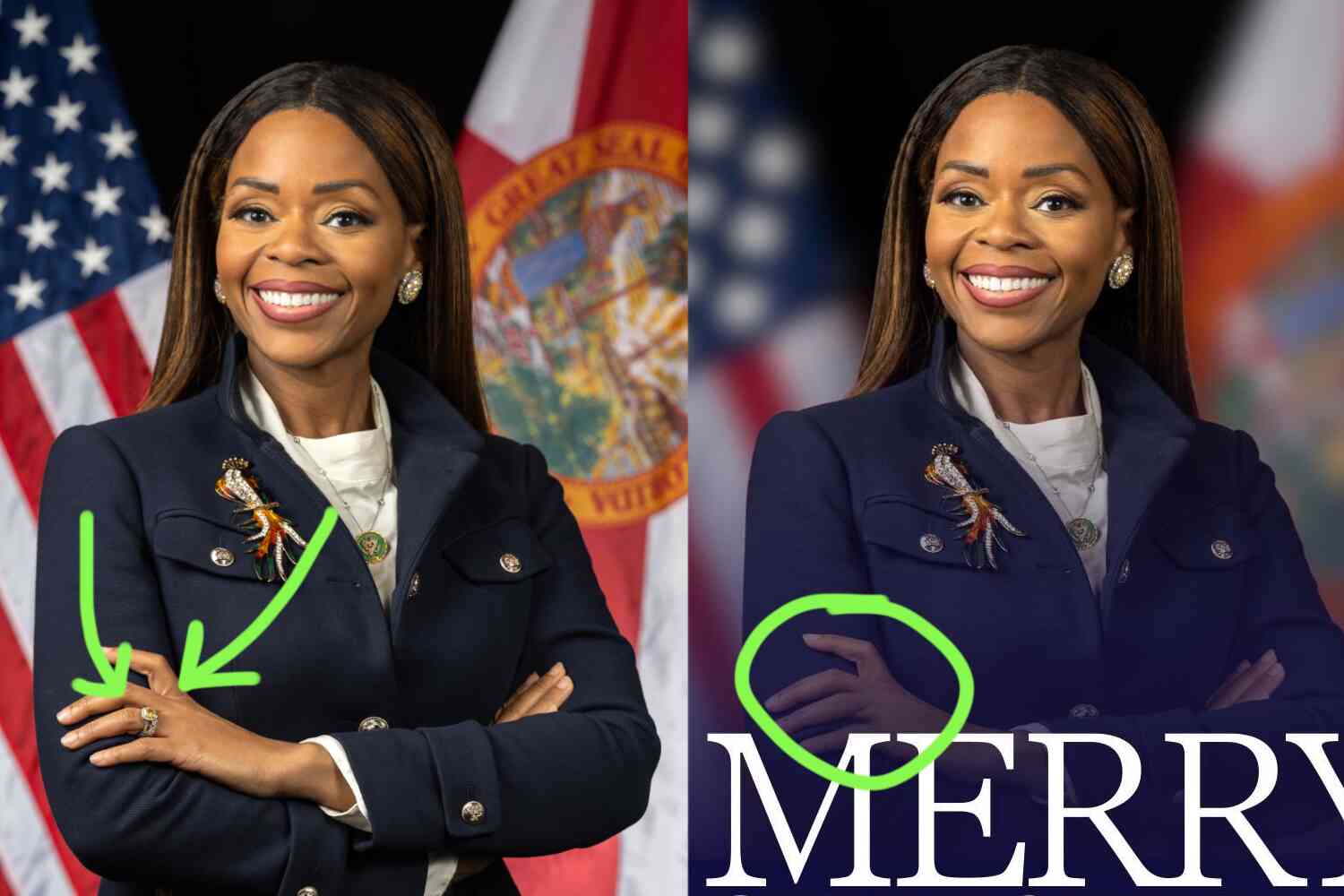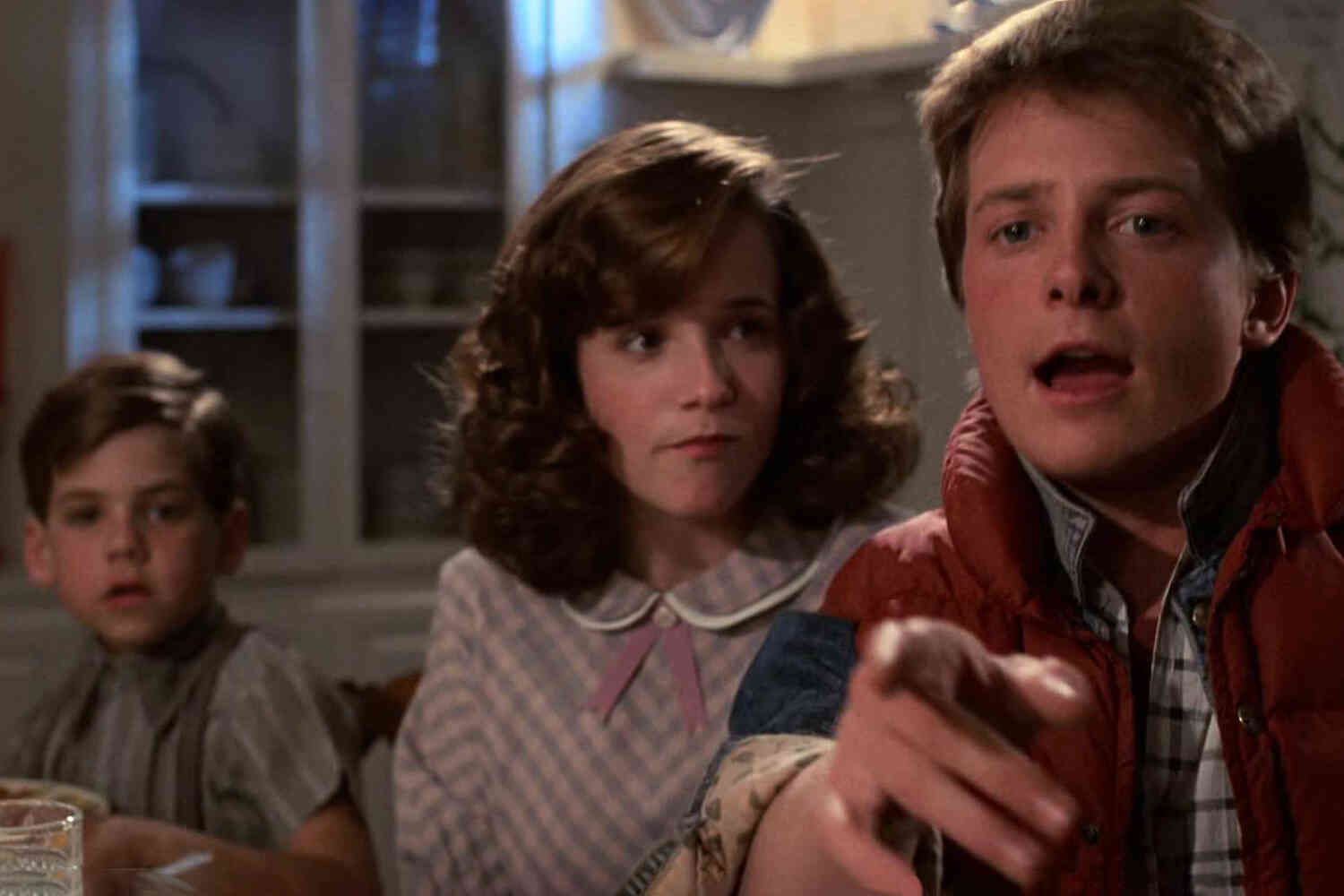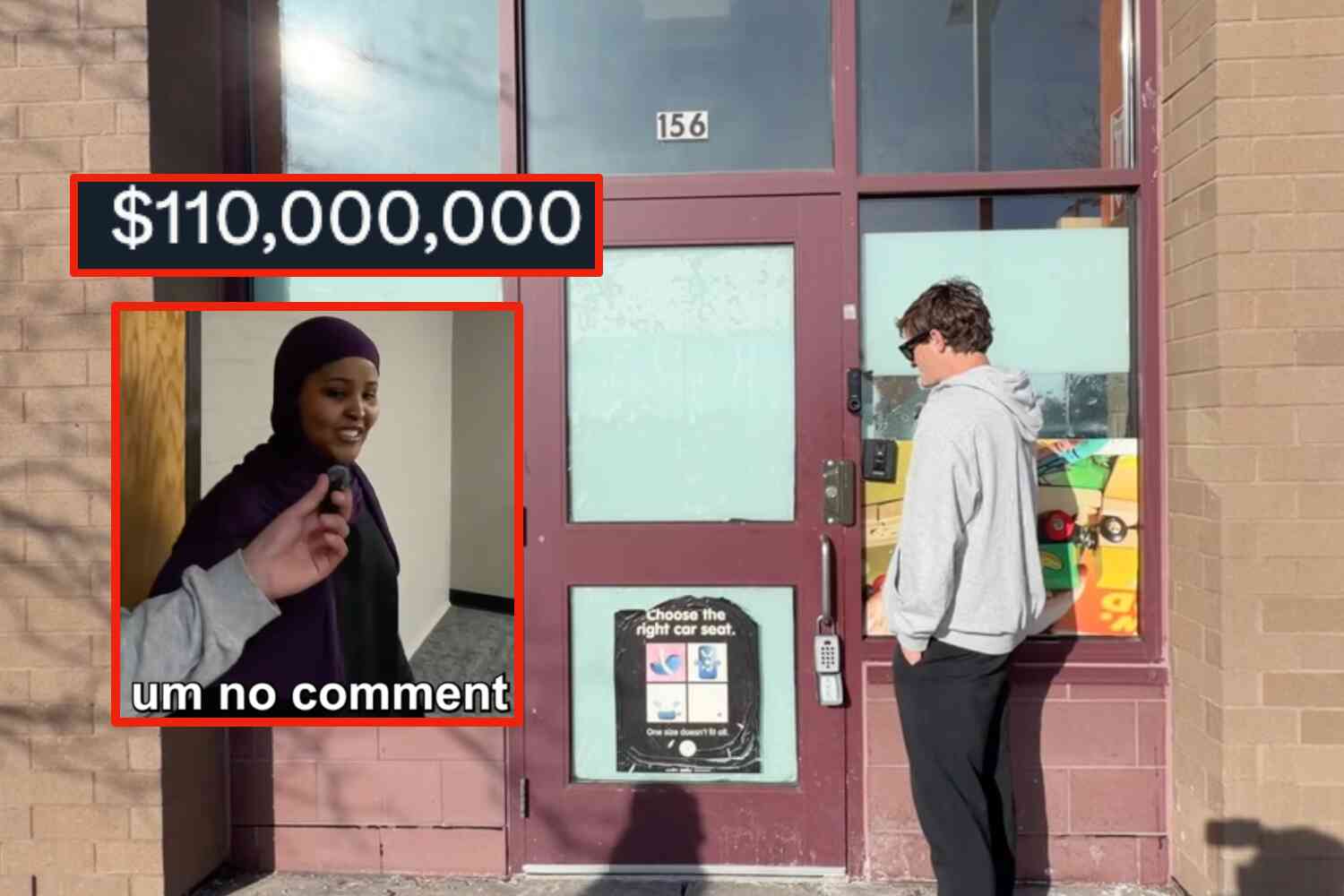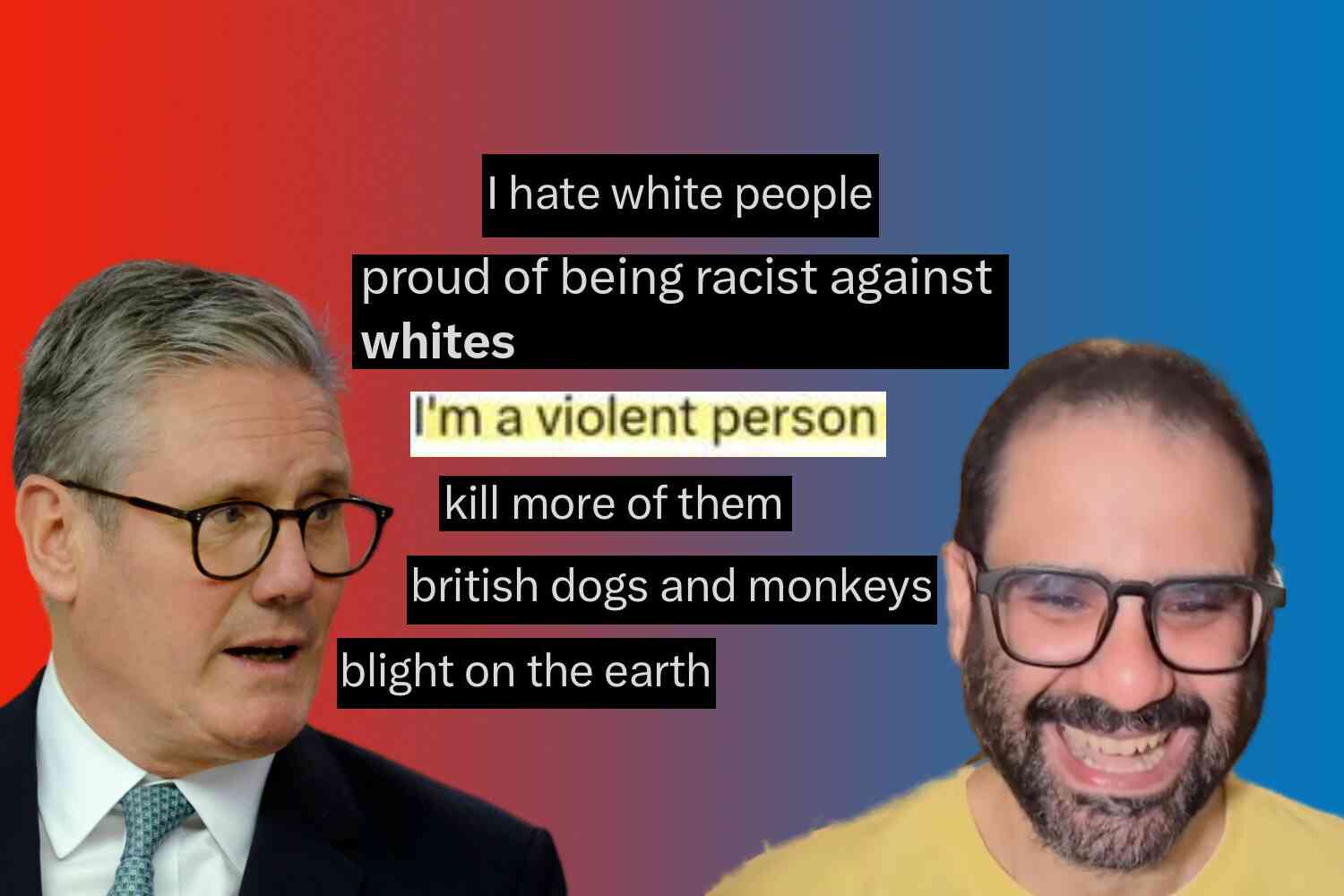Have you always been interested in the accoutrements of the "queer" lifestyle but had the misfortune of being physically attracted to the opposite sex?
Not to worry, we have a name for that!
The general concept of the "heterosexual queer" has been in the culture for some time, if not by that name. In fact, when I first came across this piece, I immediately recalled this classic Dana Carvey SNL skit from late 1989: "Lyle the Effeminate Heterosexual."
It wasn't until the mid-nineties that the concept was being discussed in academic circles, with the term "queer heterosexuality" following shortly thereafter.
Incidentally, once a vague, slippery concept like "queer heterosexuality" gets discussed in academic circles, buckle up for some mind-melting word salads so devoid of any discernible meaning or content as to create a kind of intellectual vacuum in which cognition perishes.
In a 2004 paper, Annette Schlichter describes the discourse on queer heterosexuality as aiming at "the de- and possible reconstruction of heterosexual subjectivity through the straight authors' aspiration to identify as queer". In the paper, a genealogy of queer heterosexuality is outlined, pointing out that "the queer critique of sexual normativity is both bound to the history of specific identities and committed to the destabilization of sexual identities—including those that have become hegemonic",
Don't you just hate it when a critique is both bound to the history of specific identities and yet committed to destabilization of identities?

In the Spiked piece, author Gareth Roberts asks the question,
Why are so many straight people desperate to be recognised as something they're not?
Academics come to the rescue again.
In 2005, Robert Heasley explored queer heterosexuality among a group of men that he identifies as "straight-queer males."[1] According to Heasley, these men are self-identified heterosexuals who do not find social spaces dominated by traditionally masculine personalities to be comfortable.
This is where the incessant compulsion to categorize everything, to pigeonhole yourself and others, comes into play.
It's like a child with their first label maker. Prepare to have your toaster, stool, breakfast, and family dog labeled as such.
But what is a "traditionally masculine personality?" I can think of a lot of different ones, from the physical boisterousness of jocks, to the verbal boisterousness of an aggressive sales team, to the often quieter seriousness of firearms enthusiasts and so on. Some of these I'm comfortable with, some I'm not. It never occurred to me seek out a label or social affirmation for my personality.
In short, you don't need an intersectionality to describe you. Maybe just be an individual?

Heasley has a better idea, one that can get you clicks!
Heasley believes that a lack of understanding of masculinity can be addressed by creating a terminology to describe non-hegemonic masculine behavior.
No, that's really not necessary. "Lyle, the Effeminate Heterosexual" kind of took care of that.
Speaking of which, Roberts makes an excellent point regarding the disconnect between the perceived cultural cachet that comes from labeling yourself "queer" even if you are heterosexual, and the insulting and unacceptable stereotypes that are assumed in the label.
The most galling thing about these freshly minted queer heterosexuals is that they're basing their personas on lazy lies and ancient jokes. They wear eyeliner, they swish about,...
They are a Dana Carvey skit, without the humor.
Which brings us to journalist Terrell Jermaine Starr.
I've just started identifying as queer over the last 4 months. Does that make me the new queer, but an old Black?
No, it makes you a narcissist starved for attention.
Not because you may exhibit certain characteristics, but rather the fact that you feel the need to announce it to the world, like you're collecting in-game badges to bolster your social standing.
I think most men--especially Black men--like me who "come out" later in life is because we don't really know it ourselves.
That's because you haven't come out as anything, there's nothing for you not to have known.
Are you even reading what you write?
Also, I'm attracted to a wide range of women...
That's totally... wait, what?
...but not men at all. So I didn't know how to ID myself--even though I haven't felt "straight" in years. LOL.

Some of the responses were hilarious, starting with the completely lost.
And perhaps my favorite reaction of all.
Not to worry, Starr had an explanation.
For me, embracing being queer was as much an intellectual journey as it was other areas. Just the way I think of structural oppression comes from not feeling heteronormative in my thinking about things.
And there you have it.
It wasn't enough to have the black badge, he wants to collect the whole oppression series, and he needs that queer badge to do it!
Actually, it's a two-fer, he gets the "rejecting heteronormative" one too, despite being, um, heteronormative.
I can tell you from first-hand experience that this is exactly what many preteen kids are doing – temporarily adopting and then abandoning various gender identities, pronouns and names, like they are accessorizing an outfit.
They're kids.
What's Starr's excuse?

P.S. Now check out our latest video 👇









